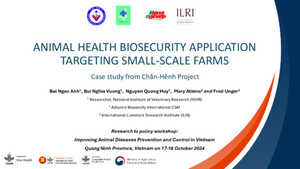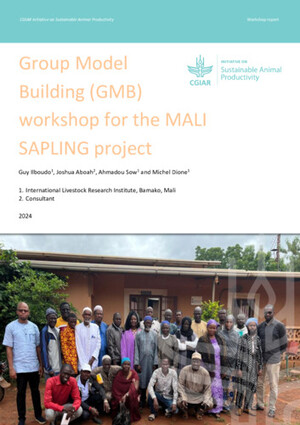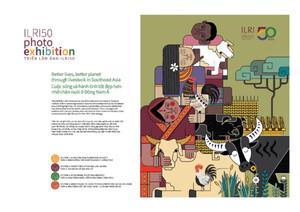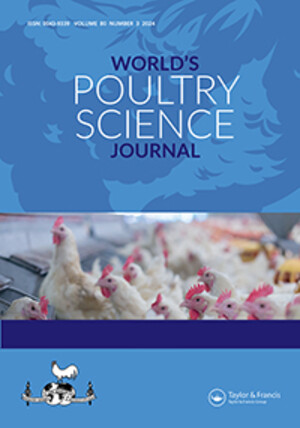
Qualitative risk assessment on the transmission of HPAI (H5N1) virus from backyard and medium-scale commercial farms to household free-range poultry in Nigeria
Abstract
The Nigerian poultry industry, comprising both commercial and rural poultry systems, experienced the first highly pathogenic avian influenza (HPAI) H5N1 outbreak in 2006. This industry provides an affordable source of protein to millions of Nigerians through poultry eggs and meat. The rural poultry production system is essential in poverty alleviation, food security and the promotion of gender equity while meeting important social and cultural needs and obligations of Nigerians.
In addition to the death and culling of thousands of poultry, HPAI in Nigeria negatively affected poultry farmers, farm attendants, feed millers, animal health service providers, poultry product sellers, poultry processors, mixing/grinding machine fabricators and other poultry input providers. There was also a drop in the consumption, demand and price of poultry and poultry products, an increase in unemployment, loss of income and increases in the cost of other sources of protein such as fish and beef. Highly pathogenic avian influenza in Nigeria has resulted in one known human fatality and a risk of contamination of underground drinking water where depopulated poultry have been buried.
Citation
Abdu, P.A., Costard, S., Ahmed, G.M., Duarte, P. and R.. Métras. 2010. Qualitative risk assessment on the transmission of HPAI (H5N1) virus from backyard and medium-scale commercial farms to household free-range poultry in Nigeria. HPAI Africa/Indonesia Team Working Paper 29. Washington, DC: IFPRI










